Directory
- Share
Sanjiv Ranchod
- Scholar
- South Africa
- 2022 CPGS Computer Science
- St John's College
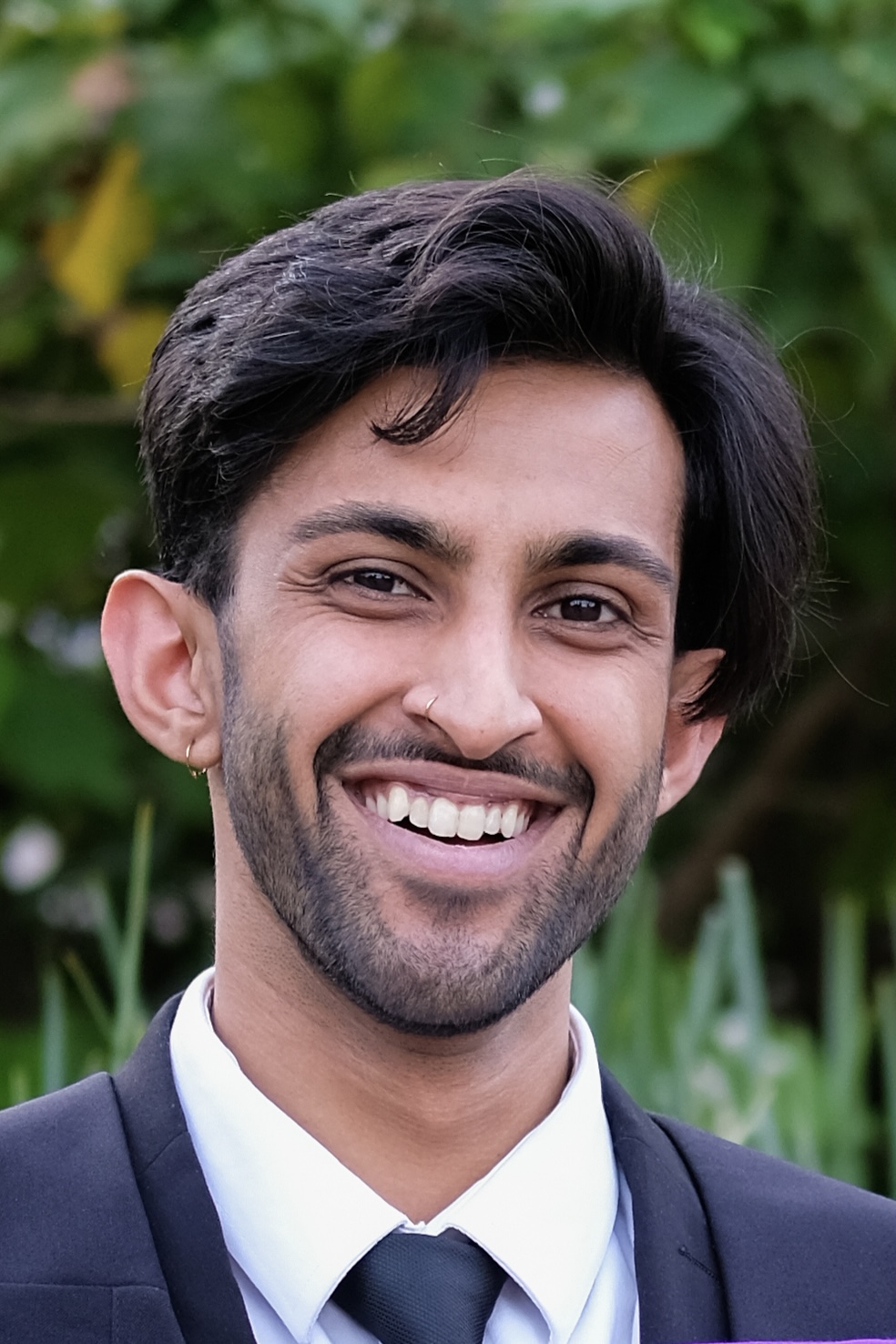
Sanjiv Ranchod
- Scholar
- South Africa
- 2022 CPGS Computer Science
- St John's College
During my BSc in Mathematics and Applied Mathematics at the University of Cape Town, I developed a passion for Category Theory and Mathematics Education. The former presented to me a framework of insight into the mathematical questions I had encountered through my interest in the field, while the latter expressed a means for me to contribute to the upliftment of young, interested students in South Africa. In continuing to my MSc in Mathematics I explored these interests further and, in particular, studied internal categorical structures, while gaining teaching experience at the university. The opportunity to read a PhD at Cambridge supported by a Gates Cambridge Scholarship allows me to further explore my interests in Internal Category Theory, Categorical Logic and Internal Languages and to make meaningful contributions to these fields. I hope to engage with a cohort of educationally interested students to further my growth as a teacher. It is my intension to help grow the Category Theory – and general mathematical – community in my home county as well as help improve the state of mathematics education at its tertiary institutions.
Previous Education
University of Cape Town Mathematics 2022
University of Cape Town Mathematics 2020
University of Cape Town Maths and Applied Maths 2019
Rebecca Rancourt
- Alumni
- United States
- 2005 PhD Anatomy
- Darwin College
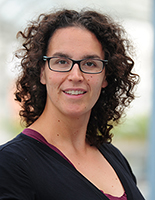
Rebecca Rancourt
- Alumni
- United States
- 2005 PhD Anatomy
- Darwin College
I am excited to do research in the fascinating field of Epigenetics in Maternal health and developmental biology. There can be a million reasons not to try something new....You just need one great reason to begin!
Kyle Rand
- Alumni
- United States
- 2001 PhD Modern and Medieval Languages
- Wolfson College

Kyle Rand
- Alumni
- United States
- 2001 PhD Modern and Medieval Languages
- Wolfson College
Surabhi Ranganathan
- Alumni
- India
- 2008 PhD Law
- St John's College
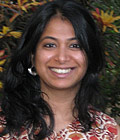
Surabhi Ranganathan
- Alumni
- India
- 2008 PhD Law
- St John's College
Tanvi Rao
- Scholar
- United States
- 2021 PhD Radiology
- Darwin College
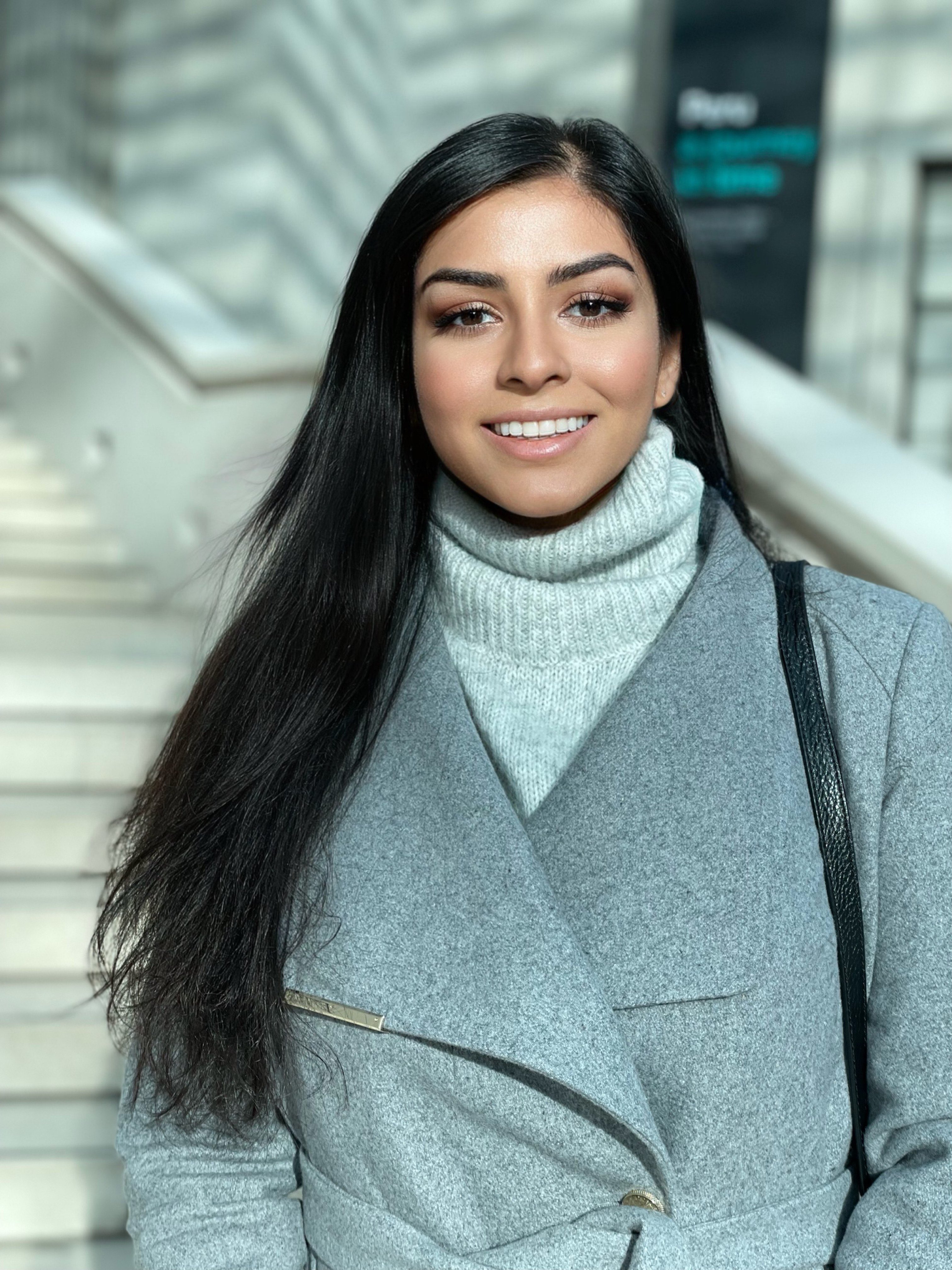
Tanvi Rao
- Scholar
- United States
- 2021 PhD Radiology
- Darwin College
As an undergraduate studying Biomedical Engineering at Georgia Tech, I became fascinated with medical imaging during internships and research focused on minimally invasive device design for radiology procedures. In my post-graduate work as a consultant, I sought to create impact through healthcare innovation but realized that subconscious bias in tactical solution design often excludes patients with the greatest need. We witnessed this during the COVID-19 crisis as those unable to access or afford care suffered disproportionately.While innovation is key to society’s well-being and progress, I believe we are also obligated to ensure that it reaches those who need it most. Through my PhD research in radiogenomics, an emerging field that combines medical imaging with genomic data, I seek to develop imaging biomarkers and predictive models for liver cancer. Ultimately, this research aims to improve access to care and reduce the resource burden on health professionals by creating tools that enhance diagnostics, enable remote assessment, and improve precision care for an under-funded yet deadly cancer. My research is supervised by Dr. Evis Sala in the Radiogenomics and Quantitative Imaging Group within the Department of Radiology.
Previous Education
Georgia Institute of Technology Biomedical Engineering 2018
Igor Rapinchuk
- Alumni
- United States
- 2007 CASM Pure Mathematics
- Emmanuel College
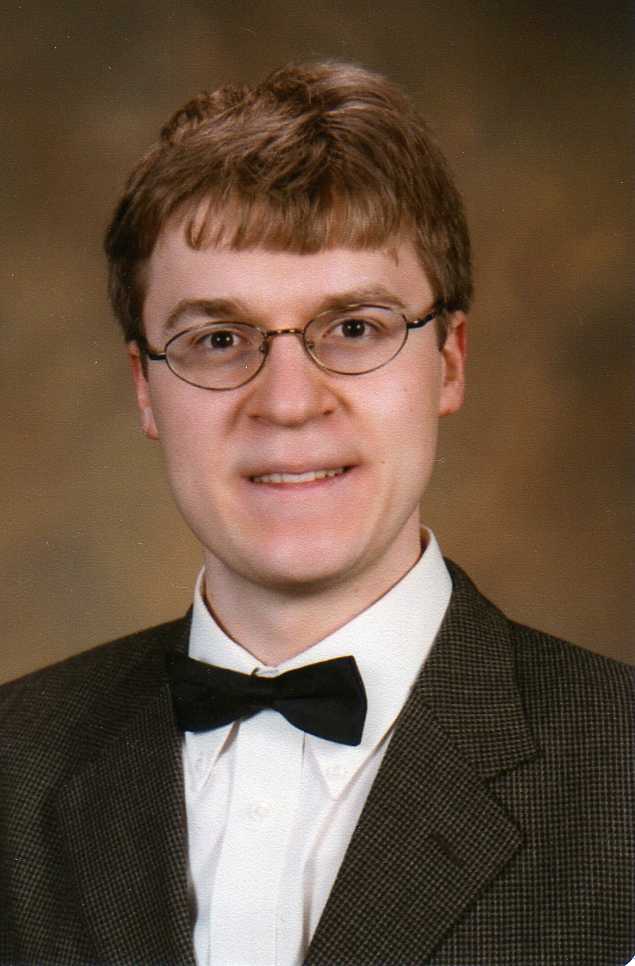
Igor Rapinchuk
- Alumni
- United States
- 2007 CASM Pure Mathematics
- Emmanuel College
I am a mathematics student attending Part III of the Mathematical Tripos. My main mathematical interests lie in algebraic geometry and number theory and I wrote a senior thesis on elliptic curves with complex multiplication. At Cambridge, I plan not only to continue my work in these areas, but also to take courses in a variety of other mathematical subjects to acquire a broader mathematical education before beginning graduate work.
Swajit Rath
- Alumni
- India
- 2001 BAaff Economics
- Girton College

Swajit Rath
- Alumni
- India
- 2001 BAaff Economics
- Girton College
Previous Education
University of Delhi BA Economics 2001
Steven Rathje
- Alumni
- United States
- 2018 PhD Psychology
- Trinity College
Steven Rathje
- Alumni
- United States
- 2018 PhD Psychology
- Trinity College
Steve is an incoming Assistant Professor of Human-Computer Interaction in the School of Computer Science at Carnegie Mellon University (starting Fall of 2026), with a joint appointment (by courtesy) with the Department of Social and Decision Sciences. Currently, he is an NSF and AXA postdoctoral fellow at New York University. He received his PhD from the University of Cambridge (Trinity College), where he was a Gates Cambridge Scholar. Previously, he studied Psychology and Symbolic Systems at Stanford University. Steve studies the psychology of technology. He is interested in how important psychological phenomena—such as polarization, intergroup conflict, the spread of (mis)information, and mental health—interact with emerging technologies, such as artificial intelligence and social media. Steve was named an APS “Rising Star” in 2024 and was included on the 2025 Forbes 30 Under 30 list. His thesis was awarded the Psychology of Technology Dissertation Fellowship and was a finalist for the SESP dissertation award. He has published 37 academic papers in journals such as the Science, Nature, and PNAS. His research has been covered by outlets such as the New York Times, BBC, NBC, CBS Sixty Minutes, the Atlantic, the Wall Street Journal, the Guardian, and the Freakonomics podcast. He has received more than $2.7 million in grant funding from the National Science Foundation, the Templeton World Charity Foundation, the Russell Sage Foundation, and more. Steve is also very interested in science communication, and his writing has appeared in the Washington Post, the Guardian, the New York Times, the LA Times, the Boston Globe, and Psychology Today. He also makes science communication TikToks under the name @stevepsychology, and has more than 1 million TikTok followers. Steve is currently leading a 23-country field experiment testing the causal impact of social media reduction around the globe with hundreds of co-authors around the globe. You can learn more about this collaboration here: globalsocialmediastudy.com.
Previous Education
Stanford University
Julia Rathmann-Bloch
- Scholar
- United States
- 2024 PhD Psychology
- St John's College
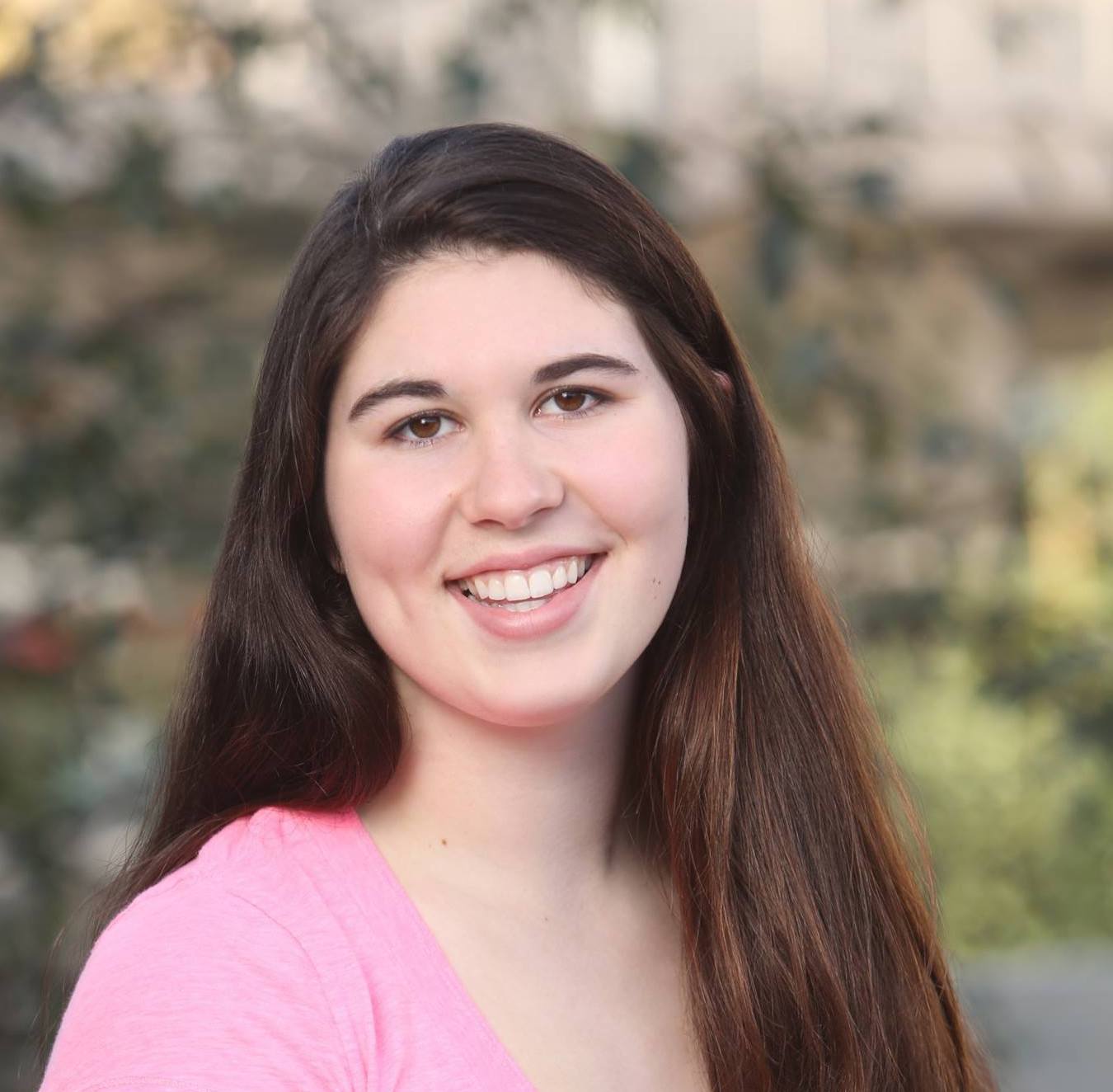
Julia Rathmann-Bloch
- Scholar
- United States
- 2024 PhD Psychology
- St John's College
Each moment of our waking lives is wrought through the medium of our conscious awareness. The enigma of how our brains create, capture, and shape our experiences fascinates me. In my cognitive neuroscience research at Stanford University, I studied how aging and early-stage Alzheimer's disease (AD) pathology affect our memory abilities. Through these studies, I came to wonder whether or how these processes change our experiences of each moment. Consequently, my research at Cambridge seeks to better understand the neural underpinnings of consciousness as a function of age and AD. Through these inquiries, I hope my research will both shed light on the neural correlates of consciousness themselves and offer approaches for earlier detection of AD. Beyond doing research, I believe in and have worked toward sharing scientific information and discovery widely. I am deeply honored, humbled, and inspired to join the Gates Cambridge community of scholars.
Previous Education
Stanford University Human Biology 2021
Jayant Ravalia
- Alumni
- Kenya
- 2008 MBA Management Studies
- Trinity College

Jayant Ravalia
- Alumni
- Kenya
- 2008 MBA Management Studies
- Trinity College
I spent most of my childhood in a small Kenyan town before being awarded the opportunity to pursue my tertiary education at Cambridge University, UK. I then joined Microsoft at the Redmond headquarters and my most recent success has been in the corporate citizenship arena amalgamating Microsoft research efforts with my technical standards work for developing countries. But even though, I have been exposed to great advances in science, I keenly believe that humanity’s greatest advances are not in its discoveries – but in how these discoveries are applied to reduce the atrocious disparities of health, and wealth, and opportunity that condemn millions of people to lives of despair. It is, consequently, my fervent hope that the Cambridge MBA will give me a cavernous multifaceted insight into business economics to design business models that can make market forces work better in applying the existing technologies to solve the world’s deepest inequities.
Stine Ravnå
- Alumni
- Norway
- 2015 PhD Education
- Trinity Hall
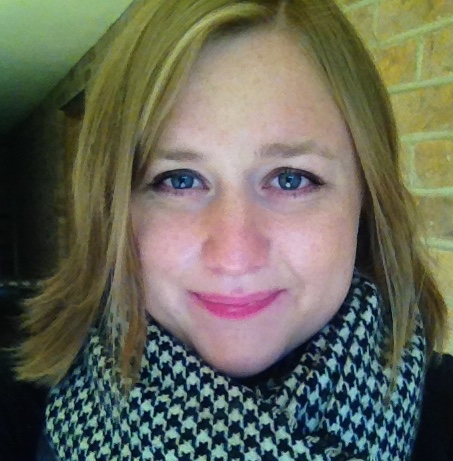
Stine Ravnå
- Alumni
- Norway
- 2015 PhD Education
- Trinity Hall
Umang Rawat
- Alumni
- India
- 2007 BAaff Economics
2009 PhD Economics - St Edmund's College

Umang Rawat
- Alumni
- India
- 2007 BAaff Economics
2009 PhD Economics - St Edmund's College
As a student of Economics I have been fascinated by the sheer magnitude of influence this subject has on the world today. Therefore I decided to pursue it further as an affiliate student in the University of Cambridge. With the world becoming a global village, the fate of all the countries is interlinked. Through my studies in Economics I want to enjoy an experience that will help me delve deeper into the nuances of this subject. Currently, while studying for a PhD in Economics, I am working on the fields of monetary policy, credit markets and the implications of the crisis for financial stability.
Natalie Rebeyev
- Alumni
- United States
- 2015 PhD Medical Science @ CIMR
- Hughes Hall
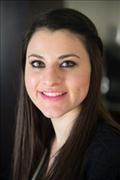
Natalie Rebeyev
- Alumni
- United States
- 2015 PhD Medical Science @ CIMR
- Hughes Hall
At Syracuse University, as a dual Biology and Judaic Studies major, I developed a deep-seated curiosity about human biology and disease alongside my study of the humanities. My early exposure to research led me to secure both on-campus and international research opportunities. I conducted pharmacological research with faculty at Upstate Medical University and cancer research at the Technion – Israel Institute of Technology. I will complete my undergraduate thesis on the role of a protein (erlin2) on intracellular protein degradation of the IP3 receptor. At Cambridge, I will be working with Dr. Paul Lehner to identify novel cellular receptors manipulated by viruses, which teaches us about viral pathogenesis. This work is of great importance because it has the capacity to lead to novel therapeutic approaches by targeting newly identified receptors. The lab uses proteomic approaches alongside genetic screening in human haploid cells. Further, silencing a retrovirus and looking at the viral transport/repressor complex is used to discover functions for previously identified and unidentified genes. In the future, I plan on attending medical school to inform my research as a physician-scientist and become a viral oncologist. Moreover, as a Bukharian woman, and as the first person to attend college from both sides of my family, I look forward to sharing my experiences and supporting the academic and professional goals of young women from traditional, immigrant communities worldwide.
Previous Education
Syracuse University
Andi Reci
- Alumni
- Albania
- 2015 PhD Chemical Engineering
- Trinity College
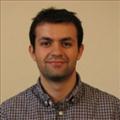
Andi Reci
- Alumni
- Albania
- 2015 PhD Chemical Engineering
- Trinity College
Born and raised in Albania, I moved to the UK in 2009 to pursue further education. Not being exactly sure what to study, I decided to play to my mathematical and scientific strengths and read chemical engineering. The degree became increasingly appealing to me because of the breadth of topics it covers, the wide range of applicability of its principles and the variety of transferable skills that it gives to its students. The most exciting thing about the chemical industry is the fact that it is tackling some of the most imminent global challenges. In the light of this, I decided to follow a PhD at Cambridge, which I hope will improve my fundamental understanding and give me credibility in whatever I elect to do in the future. The PhD will be under the supervision of Prof Lynn Gladden. The main project will focus in applying Magnetic Resonance Imaging in novel applications such as catalyst characterization and flow of fluids in porous media. These have direct impact in reducing energy intensity of processes and improving the efficiency of recovery of hydrocarbons from rocks. It will be a mixture of theoretical, experimental and data processing program. My interests within and outside academia are quite broad. I have had placements in commercial, technical and design roles and I am open to any opportunity that may arise.
Previous Education
University of Cambridge
Rachel Reckin
- Alumni
- United States
- 2014 PhD Archaeology
- St John's College
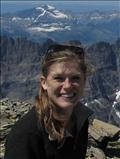
Rachel Reckin
- Alumni
- United States
- 2014 PhD Archaeology
- St John's College
Jay Reddy
- Alumni
- United States
- 2002 MPhil Oncology
- Wolfson College

Jay Reddy
- Alumni
- United States
- 2002 MPhil Oncology
- Wolfson College
Gregory Reeves
- Alumni
- United States
- 2014 PhD Plant Sciences
- King's College
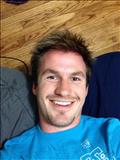
Gregory Reeves
- Alumni
- United States
- 2014 PhD Plant Sciences
- King's College
Experiencing the tragedy of disease, poverty and starvation, both personally and in various countries, has left an indelible passion in me to pursue plant science to make a brighter future for humanity. For my Master’s research, I studied the inheritance of disease resistance and spicy flavor in chile peppers, where I discovered a new gene that inhibits disease resistance, helped sequence the chile pepper genome and broke the world record for "hottest pepper". At Cambridge, I will investigate improving crop productivity by working towards transferring the more efficient C4 photosynthesis into less efficient C3 photosynthetic, yet economically important, crops--notably rice and wheat. Engineering C4 photosynthesis into C3 crops could potentially increase current yields by 50%, while adding greater nitrogen- and water-use efficiency. This would be an incredible solution to global food security and supply! Upon completion of a PhD, I aspire to become a plant breeder.
Max Reibman
- Alumni
- United States
- 2010 PhD History
- Pembroke College
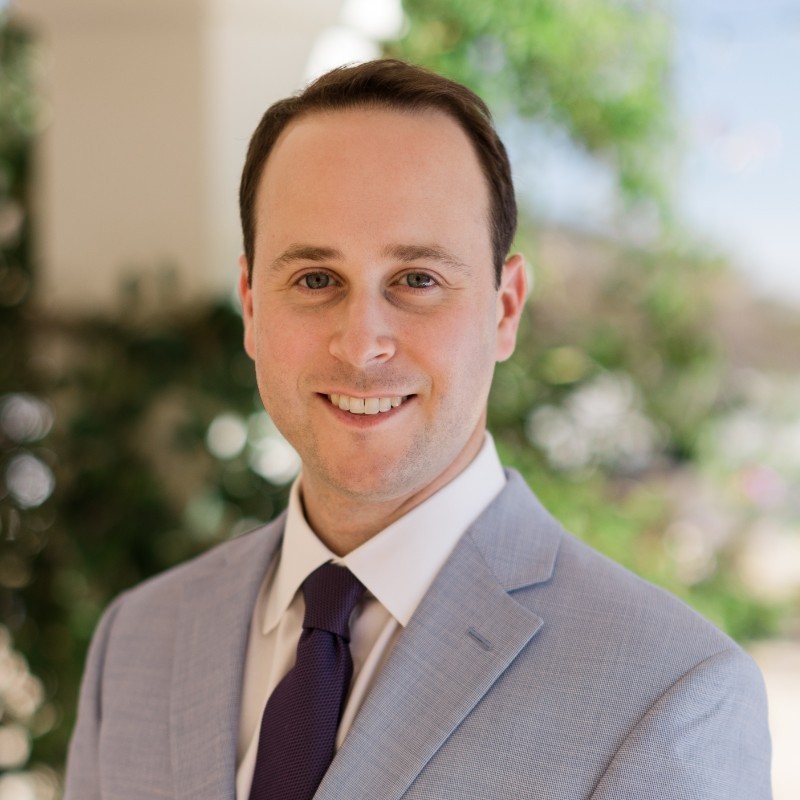
Max Reibman
- Alumni
- United States
- 2010 PhD History
- Pembroke College
Investment Funds Associate at Kirkland & Ellis LLP in New York. Former Senior Associate in Dubai and Washington, D.C. at The Risk Advisory Group where I worked on a range of risk management assignments covering the Middle East and other emerging markets. I completed my Ph.D. in History at the University of Cambridge in July 2014 as a Gates Cambridge Scholar.








